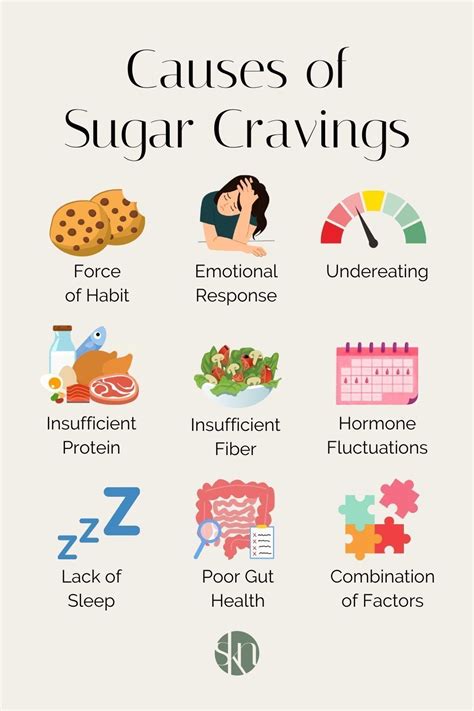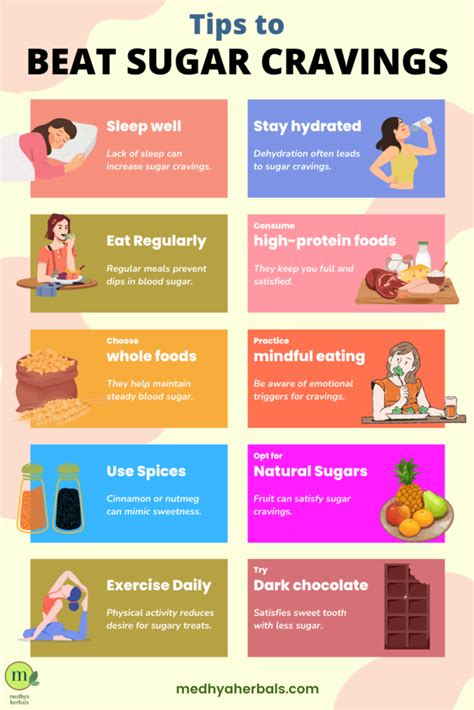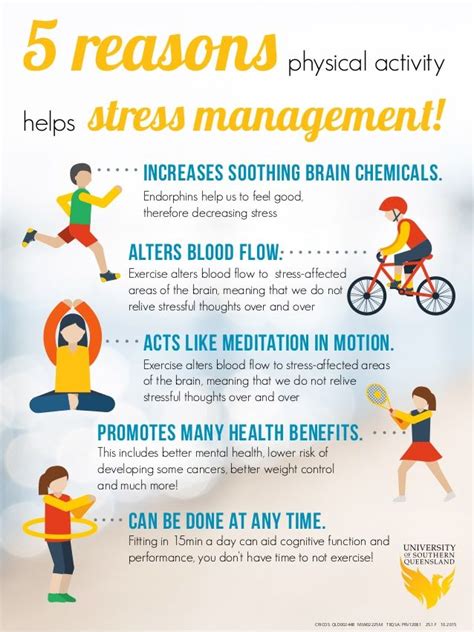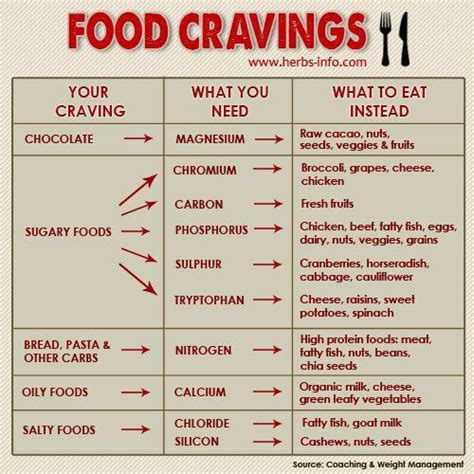Intro
Discover 5 effective ways to curb sweet cravings, managing sugar addiction with healthy alternatives, mindful eating, and nutritional balance to reduce cravings and promote weight loss.
Sweet cravings can be a major obstacle for individuals trying to maintain a healthy diet or manage their weight. These cravings can be triggered by various factors, including emotional states, nutritional deficiencies, and environmental cues. Understanding the underlying causes of sweet cravings and learning effective strategies to manage them can help individuals develop healthier relationships with food and reduce their reliance on sugary treats.
The impact of sweet cravings on overall health should not be underestimated. Consuming high amounts of sugar has been linked to an increased risk of obesity, type 2 diabetes, and heart disease. Furthermore, sugary foods and drinks often provide empty calories, lacking essential nutrients while contributing to energy crashes and mood swings. By curbing sweet cravings, individuals can make significant strides in improving their dietary habits and reducing the risk of chronic diseases.
The first step in managing sweet cravings is to identify the triggers. For some, stress or boredom might be the culprit, while for others, it could be the absence of certain nutrients in their diet. Once the triggers are recognized, it's easier to implement strategies that address these underlying causes. This might involve finding alternative ways to manage stress, such as through exercise or meditation, or ensuring that meals are balanced and nutrient-rich to prevent deficiencies that could lead to cravings.
Understanding Sweet Cravings

Strategies for Managing Sweet Cravings

Nutritional Balance and Meal Planning
Maintaining a balanced diet is key to managing sweet cravings. Meals that include a mix of protein, healthy fats, and complex carbohydrates can help keep blood sugar levels stable, reducing the likelihood of intense cravings. Planning meals ahead of time and preparing healthy snacks can also help avoid relying on sugary treats when hunger strikes. Foods rich in fiber, such as fruits, vegetables, and whole grains, can provide a feeling of fullness and satisfaction, further reducing the appeal of sugary snacks.Physical Activity and Stress Management

Getting Enough Sleep
Getting adequate sleep is another crucial factor in managing sweet cravings. Lack of sleep can disrupt hormones that regulate hunger and fullness, leading to increased cravings for high-calorie, sugary foods. Ensuring that one gets enough quality sleep each night can help regulate these hormones, reducing the intensity of sweet cravings and supporting overall dietary health.Healthy Alternatives to Satisfy Sweet Cravings

Mindful Eating
Practicing mindful eating is another strategy that can help manage sweet cravings. Paying attention to the taste, texture, and smell of food can enhance the eating experience, making smaller portions of healthier desserts more satisfying. Mindful eating also encourages a slower pace of eating, allowing the body to recognize feelings of fullness and reducing the likelihood of overindulging in sweets.Seeking Support

Conclusion and Next Steps
In conclusion, managing sweet cravings is a multifaceted challenge that requires understanding the underlying causes, adopting healthy dietary habits, and employing strategies to manage triggers. By combining these approaches, individuals can effectively curb their sweet cravings, leading to a healthier, more balanced diet and reduced risk of chronic diseases. The journey to healthier eating habits is ongoing, and it's essential to be patient, kind, and compassionate with oneself throughout the process.What are the primary causes of sweet cravings?
+Sweet cravings can be caused by various factors, including emotional states, nutritional deficiencies, and environmental cues. Understanding these triggers is key to managing cravings effectively.
How can staying hydrated help with sweet cravings?
+Drinking water can help reduce the intensity of sweet cravings, as thirst is often mistaken for hunger or cravings for sweets. Staying hydrated is a simple yet effective strategy for managing sweet cravings.
What role does physical activity play in managing sweet cravings?
+Regular physical activity can help reduce stress levels and improve mood, making individuals less likely to seek comfort in sugary foods. Exercise also supports overall health and can help regulate appetite and metabolism.
As you embark on your journey to curb sweet cravings, remember that small steps can lead to significant changes over time. Whether it's incorporating more physical activity into your daily routine, practicing mindful eating, or seeking support from loved ones, every effort counts. Share your experiences, tips, and favorite healthy dessert recipes in the comments below, and let's support each other in our quest for healthier, happier lives. Don't forget to share this article with friends and family who might be struggling with sweet cravings, and let's work together towards a healthier future.
